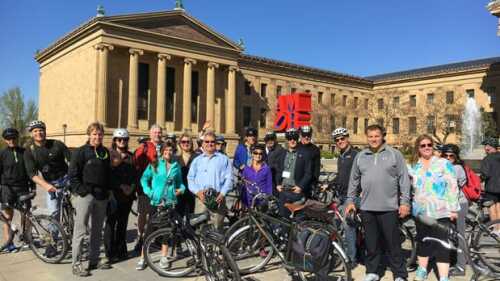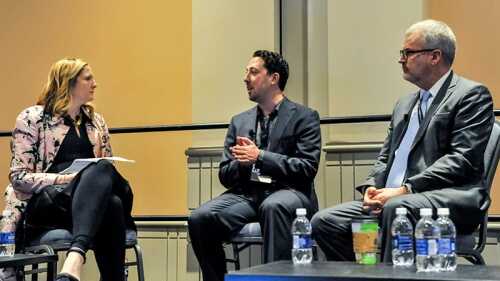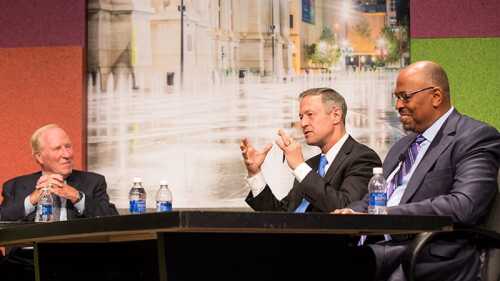Leslie A. Braunstein, APR, is principal of LHB Communications, Inc., a boutique public relations firm located in the Washington, D.C. metropolitan area. LHB combines the flexibility, creativity, and cost-effectiveness of a small PR firm with the solid experience and outstanding results of a large PR agency. The mission of LHB Communications is to help clients meet their business goals by building their brands and enhancing awareness of their accomplishments among key stakeholders and audiences. Leslie is a seasoned award-winning PR professional with over 25 years of experience working with real estate industry clients and others in the Washington, D.C. metropolitan area, throughout North America, and abroad. Leslie holds professional accreditation from the Public Relations Society of America (PRSA) and a master’s degree from the University of Maryland’s College of Journalism. On behalf of clients and under her own byline, Leslie has published millions of words in a variety of prestigious media including The Wall Street Journal, the New York Times, The Washington Post, USA Today, numerous trade publications, and many other well-known publications and online media. Earlier in her career, Leslie served as served as a public information officer with the U.S. Department of Energy and as a communications manager with Booz-Allen & Hamilton, Inc. For more information, see www.lhbcommunications.com.




